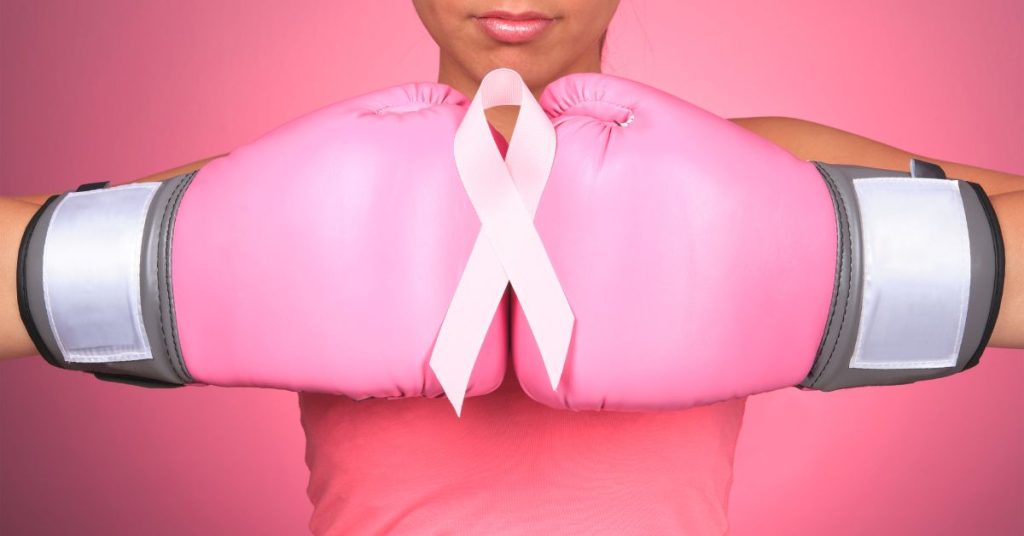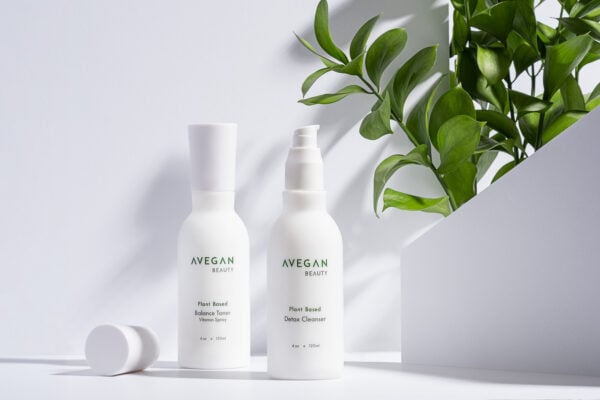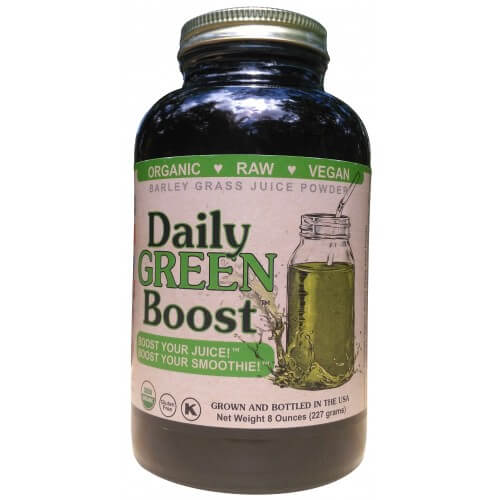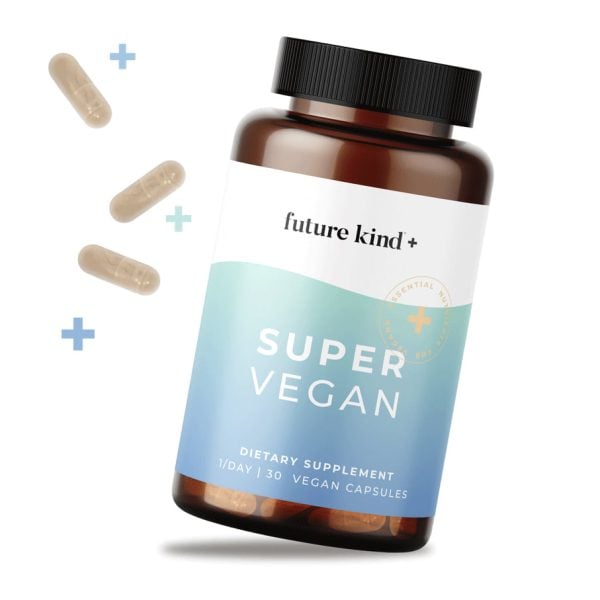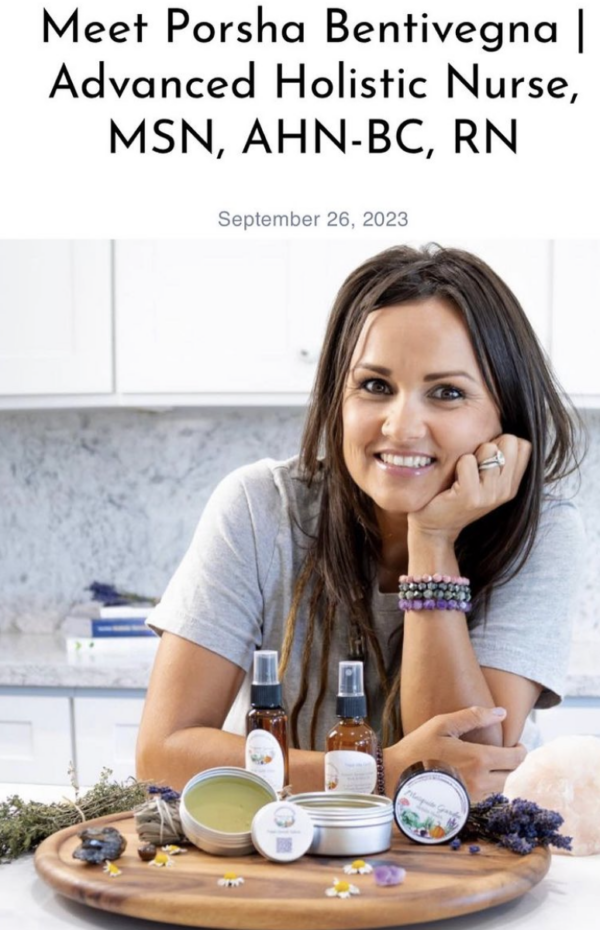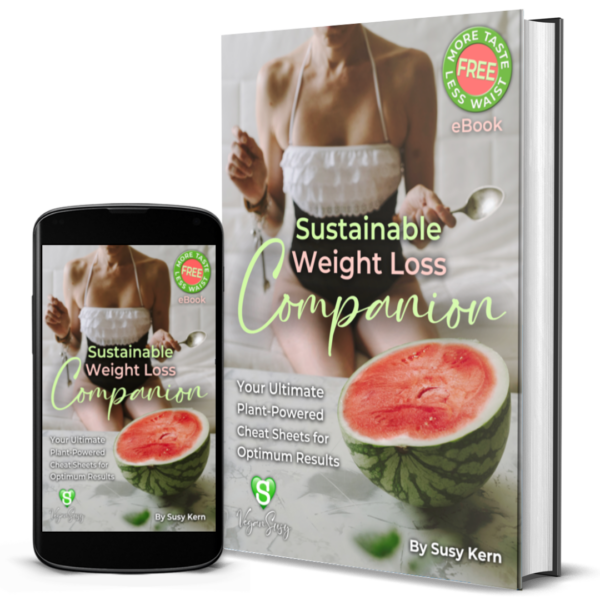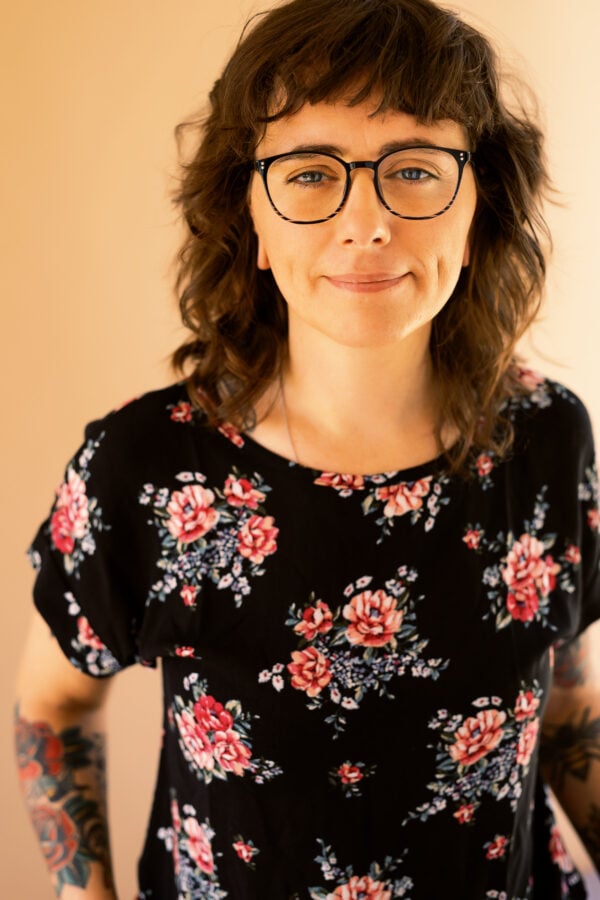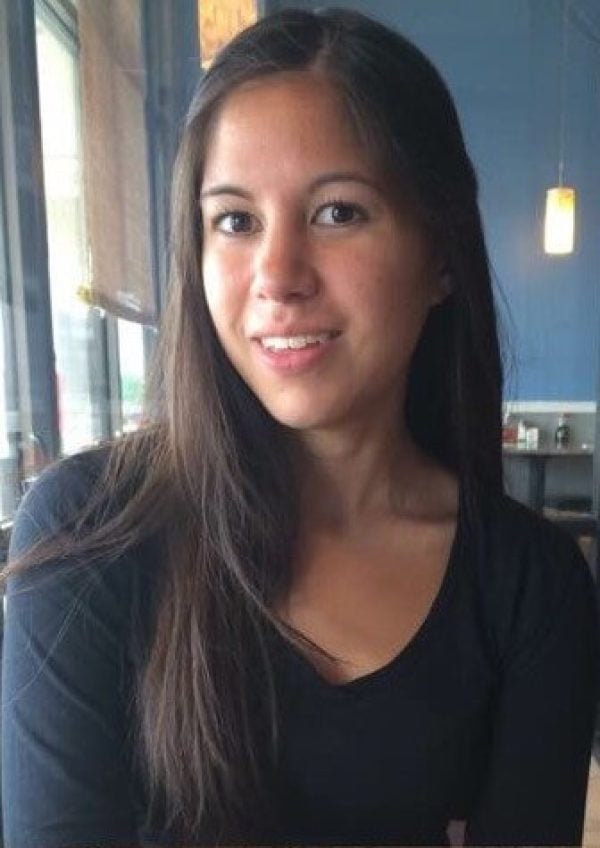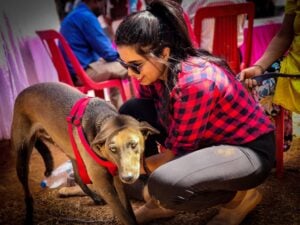Did you know that 70-90% of cancer risk comes from environmental factors, especially our diets?
Oncologist Dr. Chad Cherington is one trailblazing vegan doctor integrating whole-food plant-based nutrition into his treatment. He offers insights you won’t want to miss. Let’s find out!
As a hematologist and oncologist at the Ironwood Cancer and Research Center in Arizona, Dr. Chad Cherington is all too familiar with the devastating effects of cancer. When both his sister and a friend passed away from cancer at a young age, he had had enough of the ineffective status quo in medicine. He felt strongly that there was much room for improvement in oncology research and practice.
Evidence and upbringing inspired Dr. Cherington to adopt a vegan lifestyle
Raised in a Seventh Day Adventist family, Dr. Cherington grew up alternating between an omnivorous and vegan diet. So, going into medical school, he was already mostly plant-based. Although many of his mentors dismissed the notion that diet plays a large role in cancer risk, he began to fortify his convictions with further research.
After arming himself with evidence from sources like The China Study, Dr. Michael Greger, and Forks Over Knives, he felt comfortable promoting plant-based nutrition to his patients.
Holistic cancer treatment – including plant-based nutrition and exercise – yield better outcomes
As a part of his practice at the Ironwood Cancer Center, Dr. Cherington includes consultations with plant-based registered dieticians who are trained in cancer medicine. He reports that his patients who follow the recommended whole food plant-based diets see better outcomes.
Anecdotally, Dr. Cherington reports that patients who follow the recommended whole food plant-based diets see better outcomes. He currently has patients who are three to six years out from their pancreatic cancer diagnoses who have no evidence of recurring disease after following whole-food plant-based diets.
Environmental factors play a much larger role than genetics in cancer risk
While it’s a common misconception that genetics are to blame for cancer, the truth is that genetics play only a very small role (5-8%, according to Dr. Cherington; up to 10% according to cancer.gov) in most cancers. Environmental factors actually account for the vast majority (up to 70-90%) of cancer risk. The majority of this risk comes from dietary factors, and environmental toxins and viruses account for some of the remainder.
A whole-food plant-based diet fights the proliferation of cancer cells
Organic chemists derived cancer treatments largely from plant-based compounds – none are derived from animal products. With this in mind, it makes sense that consuming plant compounds through our diets would also help fight cancer. Dr. Cherington reports that numerous studies have shown a 15-50% reduction in cancer rates just by eating whole-food plant-based diets.
Many studies exist supporting the power of plant-based diets to prevent cancer, such as the Dean Ornish study on prostate cancer prevention and the Dr. Campbell study on breast cancer prevention. Since these studies are so promising, it is likely that these same dietary patterns are beneficial in treating active cancers as well.
Yet, Dr. Cherington comments, more research on the use of plant-based nutrition to treat active cancer is needed to convince some physicians.
One company working on this is the UK-based Faeth Therapeutics. https://faeththerapeutics.com/ They are demonstrating increased success with pancreatic cancer. The most effective part of their approach, according to Dr. Cherington, is reducing processed foods in favor of whole plant foods.
The balance of fats in coconuts have been shown to help fight cancer
While Dr. Cherington generally promotes whole foods like nuts and seeds over oils, he states that certain oils in moderation may be acceptable. Part of the issue with oil consumption is the high calorie density, as high calorie diets and saturated fat consumption can increase cancer risk.
However, balancing out saturated fat intake with polyunsaturated fats reduces this risk. Coconuts and coconut oil have an ideal mix of these fats. As a result, studies have shown them to fight cancer in lab animals and petri dish studies on pancreatic cancer.
More educational programs and research to come from Dr. Cherington
Dr. Cherington reports that he hopes to expand his practice to offer more local and online educational programs. He also hopes to conduct more research on using plant-based nutrition to treat cancer, although he recognizes that ensuring adherence to WFPB diet is difficult.
Convincing people to adopt lifestyle changes is the most challenging part of his practice – but the most effective
Shockingly, Dr. Cherington reports that it’s sometimes easier to convince people to undergo chemotherapy than to change their diet and lifestyle. Convincing people to adopt healthy lifestyle changes is the most challenging part of his practice. In part, this is because patients are often skeptical as they haven’t heard about the efficacy of plant-based diets before.
Doctors must share the power of plant-based nutrition to fulfill their Hippocratic Oath, but patients will begin to find out either way
The reason people are skeptical and haven’t heard this information before is because of the corrupting influence of animal agriculture and Big Pharma in federal dietary guidelines. Furthermore, this influence creates the chronic diseases that keep medical practitioners busy.
Yet avoiding telling patients about the root cause of disease for profit breaks physicians’ Hippocratic Oath. Sharing the power of plant-based diets is essential for integrity in medicine.
Dr. Cherington has found that even when other doctors don’t support his recommendations, his patients have begun to find out on their own. For instance, he has a patient with prostate cancer who adopted a whole-food plant-based diet upon Cherington’s recommendations. His Prostate-Specific Antigen (PSA) levels drastically improved.
Then, the patient’s cardiologist and primary care provider convinced him that he needed “more protein.” He then increased his meat and animal product intake, and his PSA levels quickly worsened. The patient connected the dots and decided to return to a WFPB diet again on his own.
What’s Vkind’s take-away from our exclusive interview with Dr. Cherington?
Environmental factors, and especially diet, heavily influence cancer risk. In a sense, this is good news! It means that we have the power to control many of these external risk factors. To prevent and even treat cancer, we should adopt a whole-food plant-based diet and regular exercise. While lifestyle changes might feel difficult at first – there’s no doubt they’re worth it!
Author Bio
Colleen Kane is a vegan activist, blogger, public speaker, and occupational therapist. She writes about the power of veganism to promote social justice, health justice and climate justice on her blog, Veganspired. You can connect with her on LinkedIn for guest blogging and speaking requests.
SUBSCRIBE TO OUR NEWSLETTER
Vkind Vibes is our popular weekly newsletter where we share the latest news, tastiest recipes, and hottest trends impacting the VegEconomy. SUBSCRIBE NOW!
WANT MORE?
JOIN US AT VKX 2023! The Vkind Experience (VKX) is an immersive plant-based event celebrating travel, culture, and cuisine around the world as guests explore 11 experiential rooms while sampling an elevated fusion of world flavors.JOIN THE VKIND COMMUNITY Download the Vkind app on the App Store or Google Play to create your social profile and start sharing reviews of vegan businesses, watch original content, and explore the plant-based world with your friends!
JOIN THE VEGECONOMY Are you a vegan brand owner or professional? Add your listing to our business search platform to get more eyes on your vegan enterprise.
TAKE THE VEGECONOMY PLEDGE Take the VegEconomy Pledge to show support for sustainable business practices and make a commitment to Spend Like You Give A Damn.
WATCH & LEARN Subscribe to our YouTube channel for our latest shows, live events, interviews, videos, news, secret giveaways & more!
STREAM “PEELED”, THE ALL-VEGAN COOKING COMPETITION SHOW Produced by Vkind Studios in a limited 3-part web series, Peeled is the award-winning all-vegan cooking competition show that’s on a search to find “America’s Hottest Vegan Chef”.
FOLLOW & SHARE Our content is always entertaining, educational, and inclusive. Follow us everywhere on social media!
SHARE VEGAN RECIPES Share your delicious vegan recipes with the Vkind Community on our app and website.

